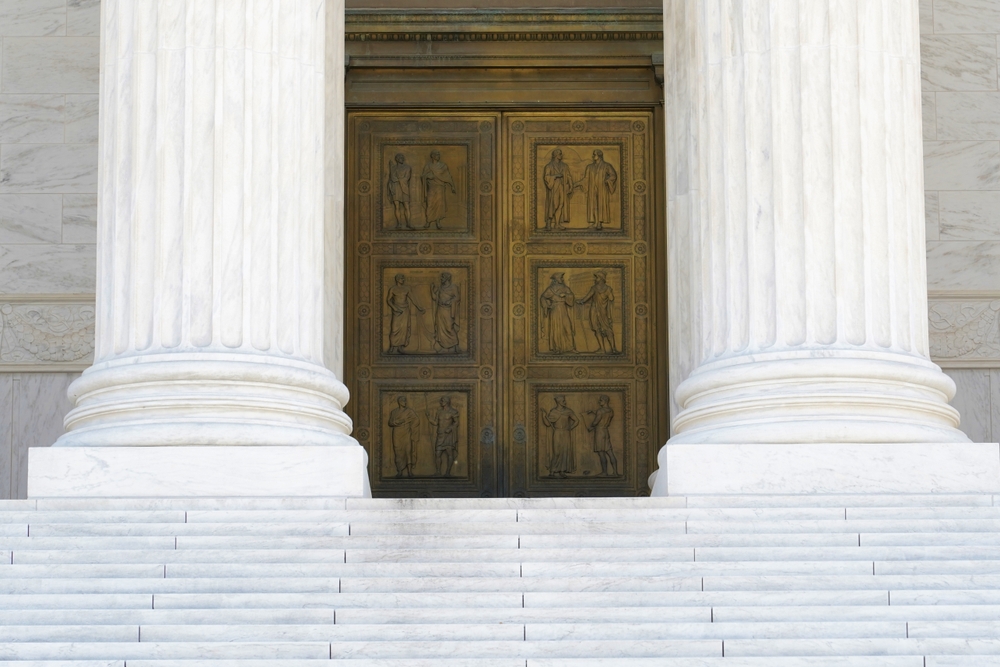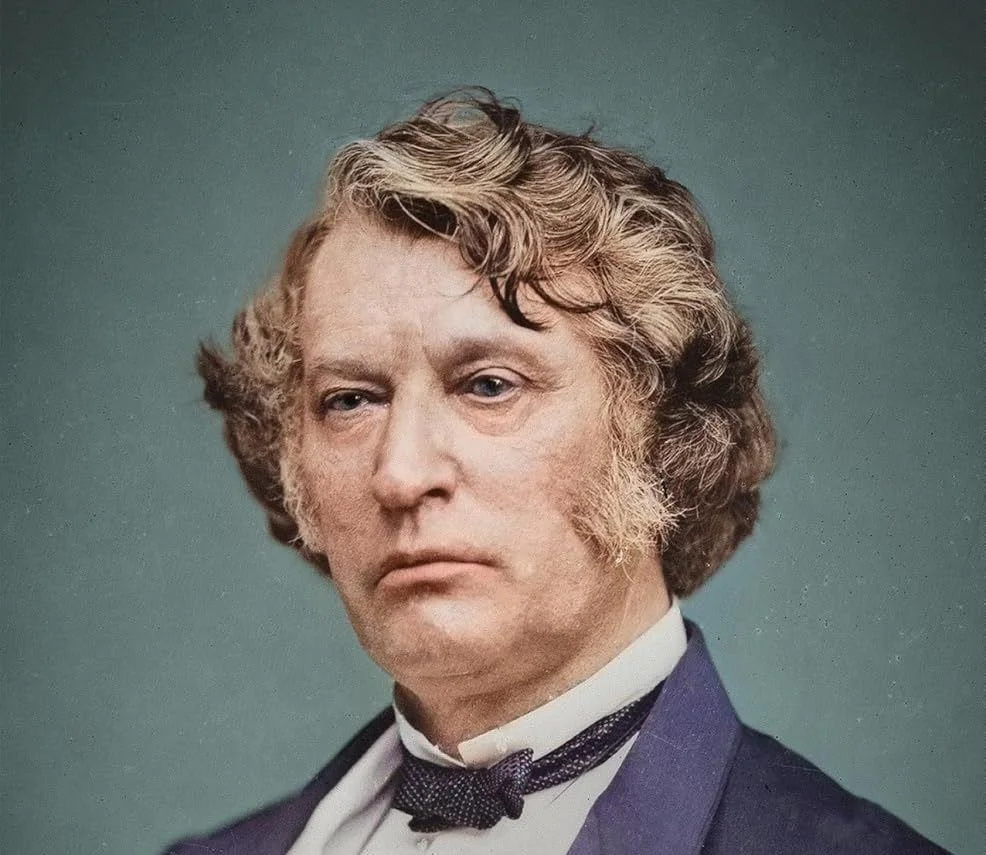
Trump And Vance Aren’t Defying The Constitution, They’re Following It
Democrats and pundits have exaggerated Vice President J.D. Vance’s remarks into a ‘constitutional crisis.’
Under the Constitution, “the President is invested with certain important political powers, in the exercise of which he is to use his own discretion.” For his decisions, “he is accountable only to his country in his political character, and to his own conscience.” His choices cannot be questioned in court because “the subjects are political. They respect the nation, not individual rights, and being entrusted to the executive, the decision of the executive is conclusive.”
Who penned these outrageous words? Democrats and many pundits might answer Vice President J.D. Vance. Over the weekend, Vance provoked an onslaught of criticism for suggesting that federal district judges “aren’t allowed to control the executive’s legitimate power.”
But the usual suspects would be wrong. The right answer is John Marshall, the greatest chief justice in Supreme Court history. And he did not squirrel this view away in a private journal. Instead, Marshall publicly explained that courts could not review presidential decisions on “political” subjects “entrusted to the executive” in a Supreme Court opinion.
Constitutionalism

Amicus Brief: Hon. William P. Barr and Hon. Michael B. Mukasey in Support of Petitioners
Former AGs Barr and Mukasey Cite Civitas in a SCOTUS Brief

Rational Judicial Review: Constitutions as Power-sharing Agreements, Secession, and the Problem of Dred Scott
Judicial review and originalism serve as valuable commitment mechanisms to enforce future compliance with a political bargain.

Supreme Court showdown exposes shaky case against birthright citizenship
Supreme Court will hear challenges to Trump's order ending birthright citizenship, testing the 14th Amendment's guarantee for babies born in America.

Slavery and the Republic
As America begins to celebrate its semiquincentennial, much ink has been spilled questioning whether that event is worth commemorating at all. Joseph Ellis’s The Great Contradiction could not be timelier.

Two Hails For The Chief’s NDA
Instead of trying to futilely plug the dam to stop leaks, the Court should release a safety valve.



.avif)










.avif)



